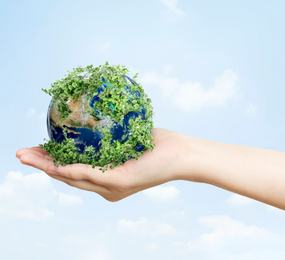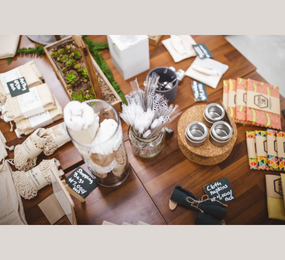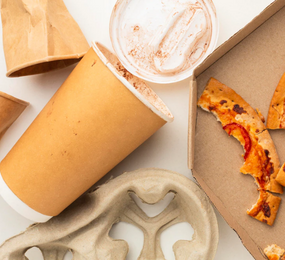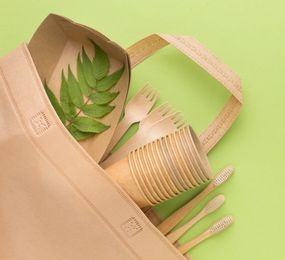Bioplastics are biodegradable and renewable plastics that are made from organic materials, such as plant starch, vegetable oils, and agricultural waste. They offer a sustainable alternative to traditional plastics, which are made from petroleum and non-renewable resources.
Bioplastics have a wide range of applications, including:
-
Packaging: Bioplastics are used to make a variety of packaging materials, such as food containers, bags, and wraps. This is one of the most common applications for bioplastics, as it helps to reduce the amount of plastic waste that ends up in landfills and oceans.
-
Agriculture: Bioplastics are used to make agricultural products, such as mulch films, seed trays, and plant pots. Biodegradable mulch films can help to improve soil health and reduce water evaporation, while biodegradable seed trays and plant pots can be planted directly in the ground, eliminating the need for transplanting.
-
Consumer goods: Bioplastics are used to make a variety of consumer goods, such as utensils, straws, and toys. These products are often made from compostable materials, so they can be disposed of in a compost bin or backyard compost pile.
-
Medical devices: Bioplastics are used to make a variety of medical devices, such as sutures, stents, and implants. These devices are often made from biocompatible materials, which means that they are safe for use in the body.
-
Industrial applications: Bioplastics are used in a variety of industrial applications, such as coatings, adhesives, and lubricants. Biodegradable coatings can be used to protect products from corrosion and other forms of damage, while biodegradable adhesives and lubricants can be used to reduce waste and pollution.
Here are some specific examples of bioplastics in use today:
-
Eco-friendly food packaging: Many food companies are now using bioplastics to package their products. For example, the company NatureWorks uses PLA (polylactic acid), a bioplastic made from corn starch, to make food packaging for companies like Nestlé and Danone.
-
Compostable utensils and straws: Biodegradable utensils and straws are becoming increasingly popular as consumers become more aware of the environmental impact of single-use plastics. Companies like Vegware and World Centric offer a variety of compostable utensils and straws made from materials such as sugarcane, bamboo, and CPLA (crystallized PLA).
-
Biodegradable toys: A number of toy companies are now using bioplastics to make their products. For example, the company Green Toys makes a variety of toys from recycled plastic milk jugs.
-
Medical implants: Bioplastics are also being used to make medical implants. For example, the company Bioresorbable Therapeutics makes a variety of resorbable implants from a bioplastic called polycaprolactone (PCL).
Bioplastics offer a number of advantages over traditional plastics. They are biodegradable, renewable, and sustainable. They also have a wide range of applications, making them a viable alternative to traditional plastics in many cases.
As the demand for sustainable products continues to grow, the bioplastics market is expected to experience significant growth in the coming years.
To register or learn more about the Forum please check here: https://bit.ly/3qbznOe
For more information and group participation, contact us: [email protected]
















